There’s something undeniably comforting about a warm cup of tea. Whether you’re sipping it to start your morning, unwind after a long day, or simply enjoy a quiet moment, tea has long been more than just a beverage—it’s a ritual. But what if that soothing daily habit came with a long list of health perks? As it turns out, science is firmly on team tea, and the benefits go far beyond relaxation.
From ancient traditions in China and India to modern kitchens across the globe, tea has been cherished for its therapeutic properties for thousands of years. But it’s not just folklore anymore—today’s research backs what generations have intuitively known. A daily cup of tea can support your body and mind in some truly remarkable ways. We’re talking antioxidants that fight aging, compounds that support your heart, and even ingredients that may help you sleep better or think more clearly.
Green, black, white, oolong, or herbal—whatever your preference, there’s likely a tea that aligns with your wellness goals. Some are brimming with catechins that may reduce blood sugar spikes, while others promote gut health or even help keep your bones strong. And if you’re looking for a natural mood booster, a tea break might be just the thing your mental health needs.
If you’ve been reaching for coffee or energy drinks out of habit, it might be time to reconsider your go-to. Ahead, we’ll break down 10 incredible health benefits that make your daily cup of tea not just enjoyable—but essential. Trust us, after learning what it can do for your body, you’ll never look at your teacup the same way again. Let’s steep into the science-backed goodness.
1. Antioxidant Powerhouse
Your body faces a constant battle against harmful molecules called free radicals, which damage cells and accelerate aging. Tea comes to the rescue with its arsenal of polyphenols – powerful antioxidants that neutralize these troublemakers.
Green tea especially contains catechins that help protect your cells from oxidative stress. These natural compounds work around the clock to maintain your body’s balance and preserve cellular health.
Research suggests that regular tea drinkers may experience slower cellular aging and reduced inflammation throughout the body. Think of each sip as a shield, helping your body defend itself against everyday damage.
2. Heart Helper
Your heart beats about 100,000 times daily, and tea might help keep those beats strong and steady. Studies show that regular tea drinkers often have lower blood pressure and cholesterol levels compared to non-tea drinkers.
Black and green teas contain flavonoids that improve blood vessel function by helping them stay relaxed and flexible. This natural vasodilation allows blood to flow more easily, reducing strain on your heart.
Drinking just 1-3 cups daily has been linked to a 20% lower risk of heart attacks and strokes in some research. For maximum benefit, enjoy your tea without added sugar or full-fat milk.
3. Digestive System Supporter
Feeling bloated or uncomfortable after meals? Certain teas work wonders for your digestive system by stimulating the growth of beneficial gut bacteria.
Peppermint tea relaxes digestive muscles and eases discomfort, while ginger tea calms nausea and reduces inflammation. Fermented teas like pu-erh contain natural probiotics that help balance your gut microbiome.
These friendly bacteria aid in breaking down food more efficiently and may improve nutrient absorption. Many herbal teas also possess carminative properties that reduce gas and bloating naturally. Making tea part of your after-meal routine could transform your digestive health without the need for medications.
4. Blood Sugar Balancer
Managing blood sugar isn’t just important for people with diabetes – it affects energy levels, mood, and long-term health for everyone. Green tea stands out as a natural blood sugar regulator thanks to its special catechin called EGCG.
When you drink green tea with meals, its compounds help slow the release of sugar into your bloodstream, preventing those energy-crashing spikes and dips. Some studies show it may even improve insulin sensitivity, helping your body use glucose more effectively.
For best results, try unsweetened green tea 15-20 minutes before carb-heavy meals. Over time, this simple habit might help maintain steadier energy levels throughout your day.
5. Cancer Risk Reducer
While no single food or drink can prevent cancer, emerging research suggests tea might help reduce your risk. The secret lies in tea’s powerful antioxidants that protect cells from DNA damage – often the first step in cancer development.
White tea contains the highest levels of these protective compounds, followed closely by green tea. Laboratory studies show these antioxidants can actually cause certain cancer cells to self-destruct while leaving healthy cells untouched.
Population studies reveal particularly promising connections between tea consumption and lower rates of breast, prostate, colorectal, and lung cancers. Remember though, tea works best as part of an overall healthy lifestyle that includes plenty of fruits and vegetables.
6. Brain Fog Clearer
Need a mental boost without the jittery coffee crash? Tea offers a unique brain-enhancing combination that coffee can’t match. The moderate caffeine content works alongside an amino acid called L-theanine to create what scientists call “alert calmness.”
This special pairing improves attention, memory, and reaction time while keeping you relaxed. Unlike coffee’s sometimes harsh stimulation, tea provides sustained mental clarity without anxiety or restlessness.
Students who drank tea before tests showed better focus and information retention in several studies. For best results, try a cup of green or black tea about 30 minutes before tasks requiring concentration – your brain will thank you!
7. Sleep Quality Enhancer
Struggling with restless nights? The right bedtime tea might be your ticket to dreamland. Herbal varieties like chamomile contain apigenin, a compound that binds to specific brain receptors that reduce anxiety and initiate sleep.
Valerian root tea works differently by increasing levels of a neurotransmitter called GABA, which helps quiet nervous system activity. Lavender and lemon balm teas promote relaxation through their gentle aromatic compounds that signal your body it’s time to wind down.
Create a pre-sleep ritual by enjoying a warm cup about 45 minutes before bed. The combination of soothing compounds and the relaxing routine helps train your brain to recognize sleep cues better than screen time ever could.
8. Mood Elevator
Feeling stressed? The simple act of brewing and sipping tea triggers a cascade of calming effects in your brain and body. The L-theanine in tea increases alpha wave activity in your brain – the same waves that meditation produces.
Green and black teas contain mood-regulating compounds that may help reduce cortisol, your body’s primary stress hormone. Studies show regular tea drinkers report lower levels of psychological distress compared to those who don’t enjoy this beverage.
Beyond the biochemical benefits, the ritual itself matters. Taking those few minutes to prepare and savor your tea creates a mindful pause in your day – a mini-meditation that grounds you amid life’s chaos.
9. Bone Strength Booster
Your skeleton needs more than just calcium to stay strong, and certain teas deliver surprising benefits for bone health. Green tea contains fluoride, manganese, and plant compounds that stimulate bone-forming cells while slowing down bone-breaking cells.
Women who regularly drink tea often show higher bone mineral density in studies, potentially reducing fracture risk as they age. This becomes especially important after 30, when bone density naturally begins to decline.
Herbal options like rooibos (red tea) contain minerals that support bone structure without caffeine. For maximum benefit, enjoy 2-3 cups daily alongside calcium-rich foods and regular weight-bearing exercise for a complete bone-strengthening approach.
10. Immune System Fortifier
Your immune system works 24/7 to protect you, and tea provides valuable reinforcements for this internal defense network. The catechins in green tea have been shown to kill certain bacteria and inhibit viruses, potentially reducing infection frequency.
Black tea contains theaflavins and thearubigins that help your body produce virus-fighting interferon. These compounds activate your immune cells, making them more efficient at identifying and eliminating threats.
Adding a squeeze of lemon to your tea provides vitamin C that works synergistically with tea’s compounds. Try drinking a cup at the first sign of sniffles – the warm liquid soothes your throat while the bioactive compounds support your immune response.
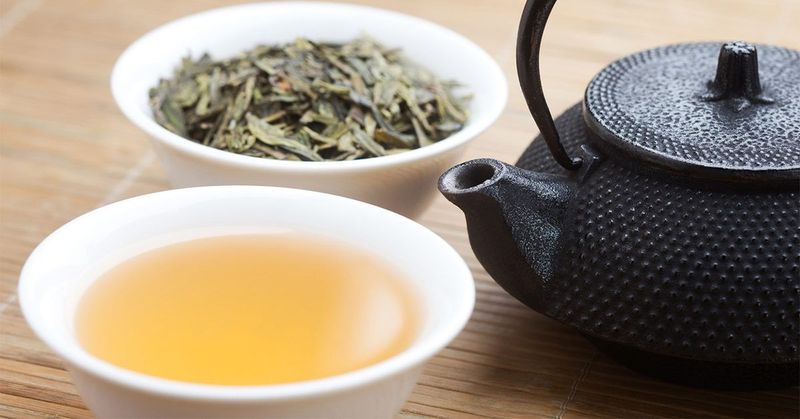
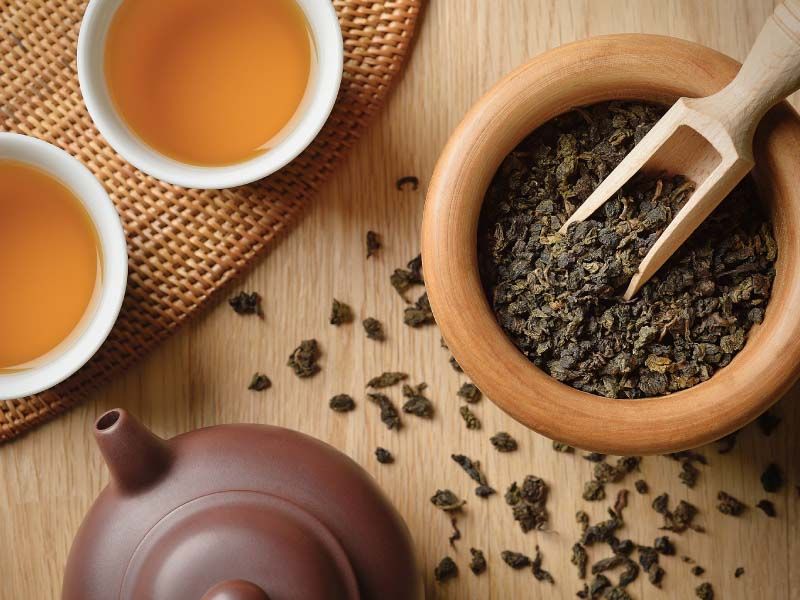
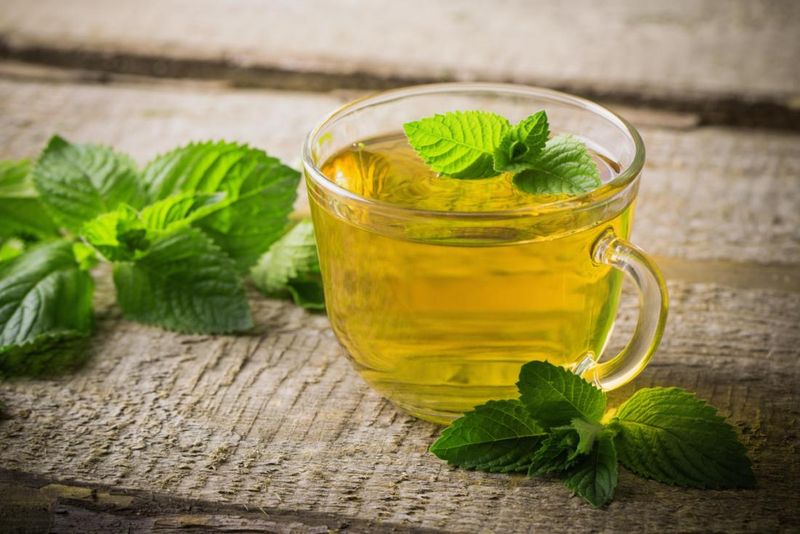
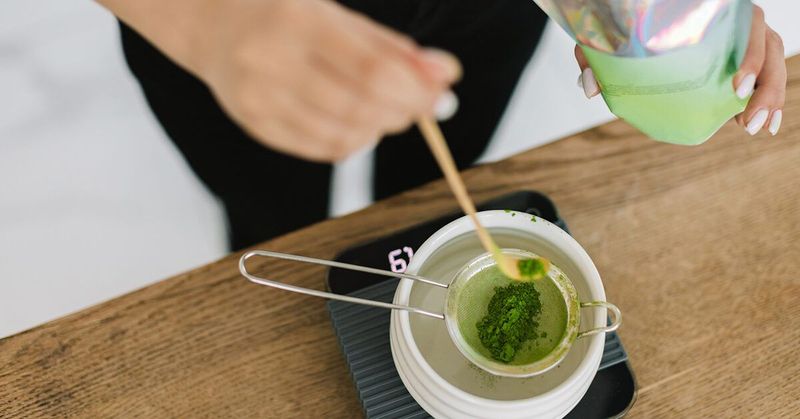
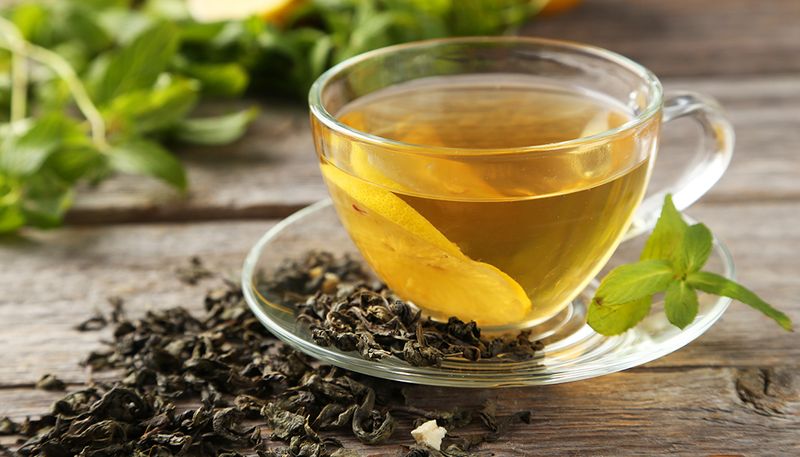
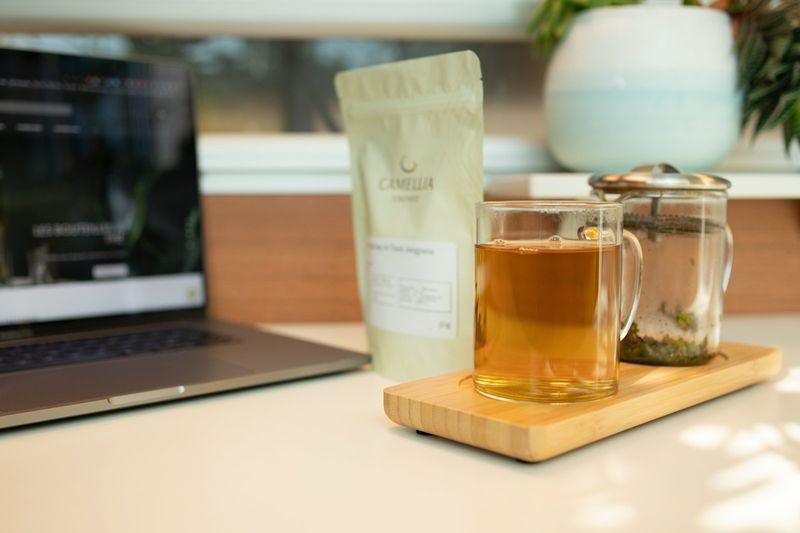
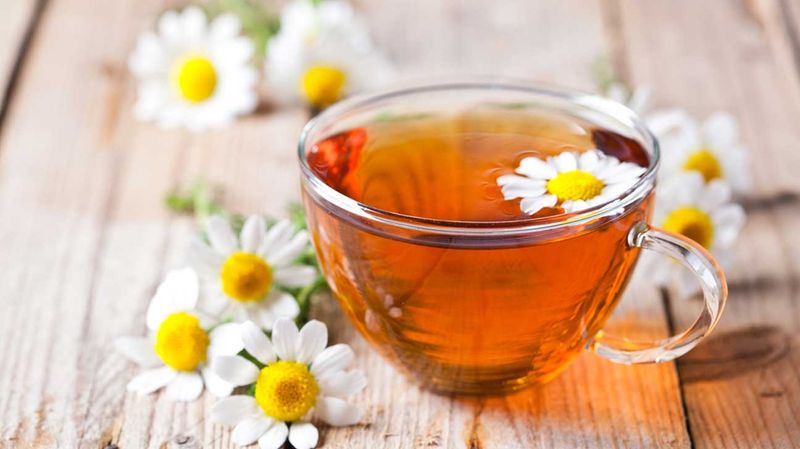
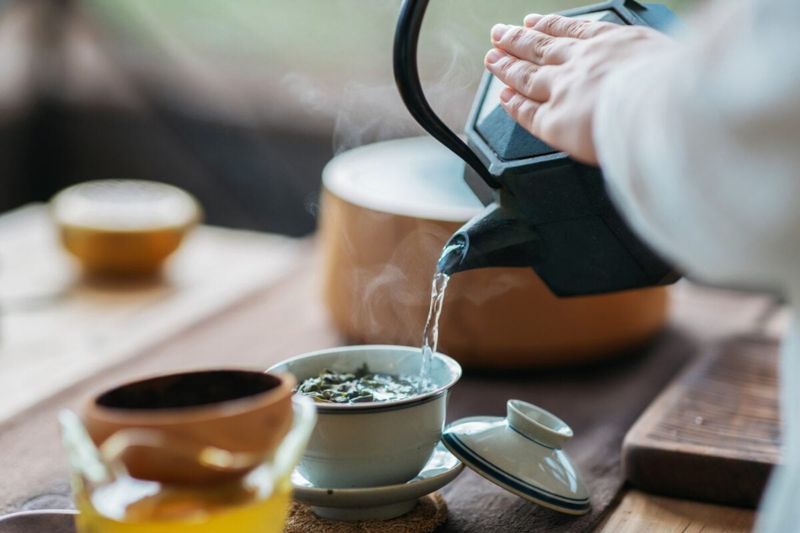

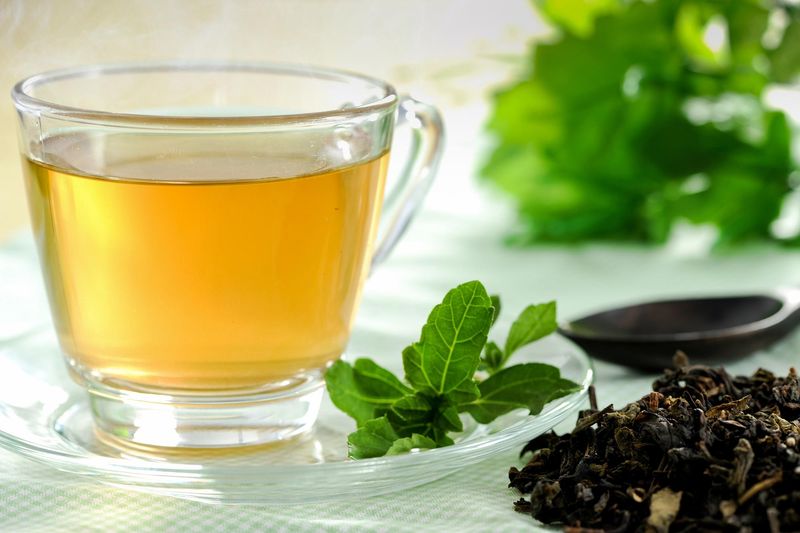
Leave a comment